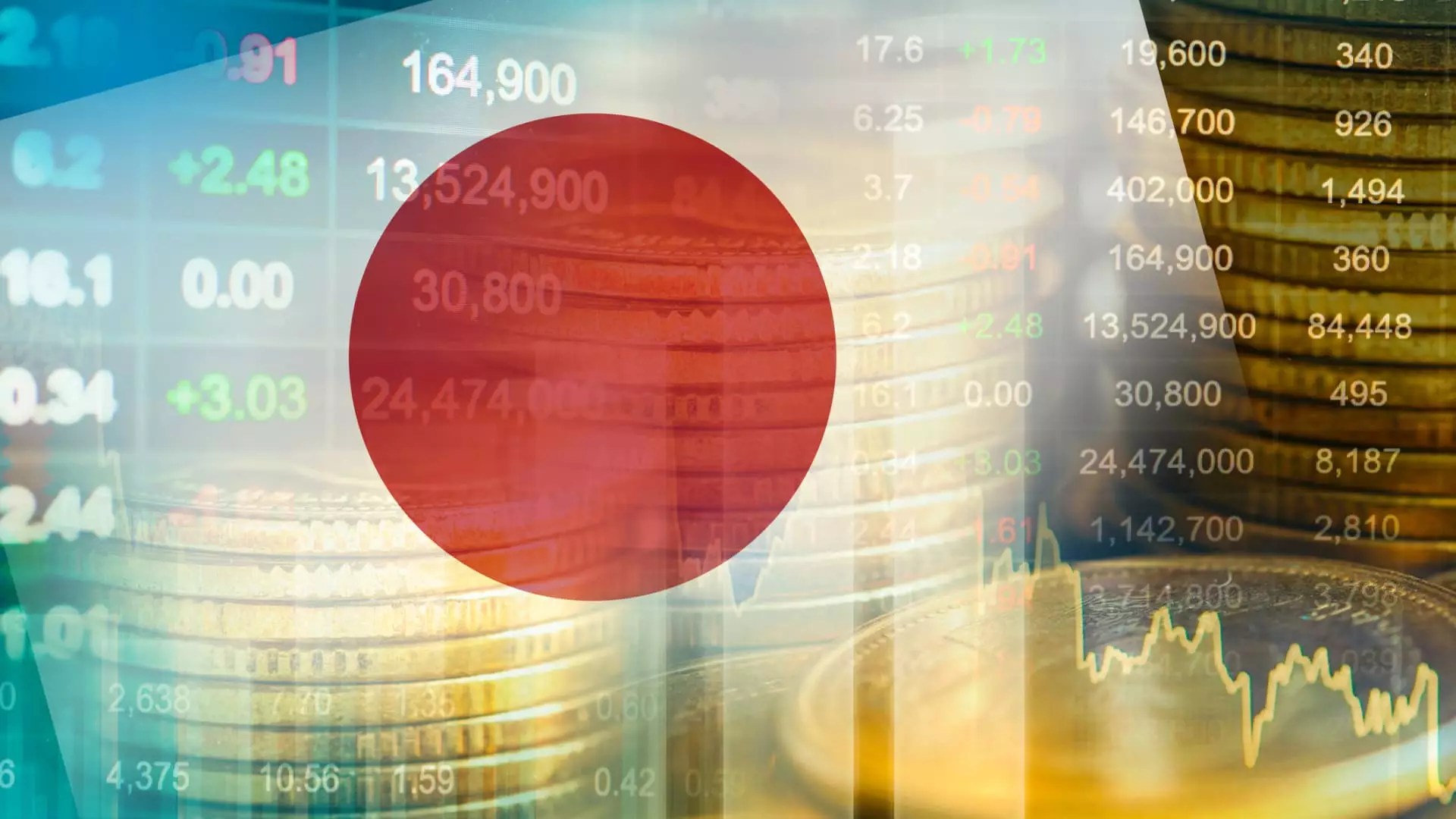The private equity market in Asia Pacific experienced a significant decline in deal value last year, dropping to its lowest point since 2014. The overall deal value declined by more than 23% to $147 billion, which is also 35% below the average value from 2018-2022. This decline can be attributed to various factors such as slowing growth, high interest rates, and volatile public markets in the region. However, Japan emerged as a standout performer with a 183% increase in deal value, making it the largest private equity market in Asia-Pacific in 2023.
Japan’s Private Equity Market
Japan’s private equity market saw a substantial growth in 2023, with deal value skyrocketing. This growth can be attributed to Japan’s deep pool of target companies with significant potential for performance improvements. Additionally, corporate governance reforms in Japan have put pressure on companies to dispose of non-core assets, making it an attractive investment destination for private equity firms. Japan’s outlier performance indicates the resilience and attractiveness of the country’s private equity market.
Exits and Fundraising
Exits in the Asia-Pacific region plunged by 26% to $101 billion in 2023, with a significant portion of exits coming from initial public offerings (IPOs). Greater China accounted for 89% of the IPO exit value in the region, highlighting the dominance of Chinese markets in the exit landscape. Fundraising in Asia-Pacific also dropped to a 10-year low, reflecting the challenging fundraising environment faced by private equity firms in the region.
The outlook for exits in 2024 remains uncertain, but successful private equity funds are proactively seeking strategies to meet their target returns. Many firms are exploring alternative asset classes such as infrastructure operations, renewable energy storage, data centers, and airports to generate medium to high returns. This diversification indicates a shift towards non-traditional investment avenues in response to market challenges.
Despite a declining pool of investors, private equity returns in Asia-Pacific remain attractive compared to public markets over a long-term horizon. The shift towards buyout deals exceeding growth deals signifies a changing trend in investment preferences among private equity firms. The focus on disruptive technologies such as generative artificial intelligence highlights the potential for innovation and growth in the private equity landscape.
Japan, India, and Southeast Asia are identified as promising markets for private equity investment in the next 12 months. These regions offer favorable conditions for private equity firms, based on investor sentiment and market dynamics. With the uncertainty surrounding the timing of recovery in the private equity market, exploring new investment opportunities and strategies is crucial for sustained growth and profitability.
The private equity market in Asia-Pacific is experiencing a period of transition and adaptation in response to changing economic conditions and market dynamics. While challenges persist, opportunities for growth and innovation are emerging in alternative asset classes and emerging markets. Private equity firms that can navigate these challenges and capitalize on new opportunities are well-positioned for long-term success in the region.

Leave a Reply